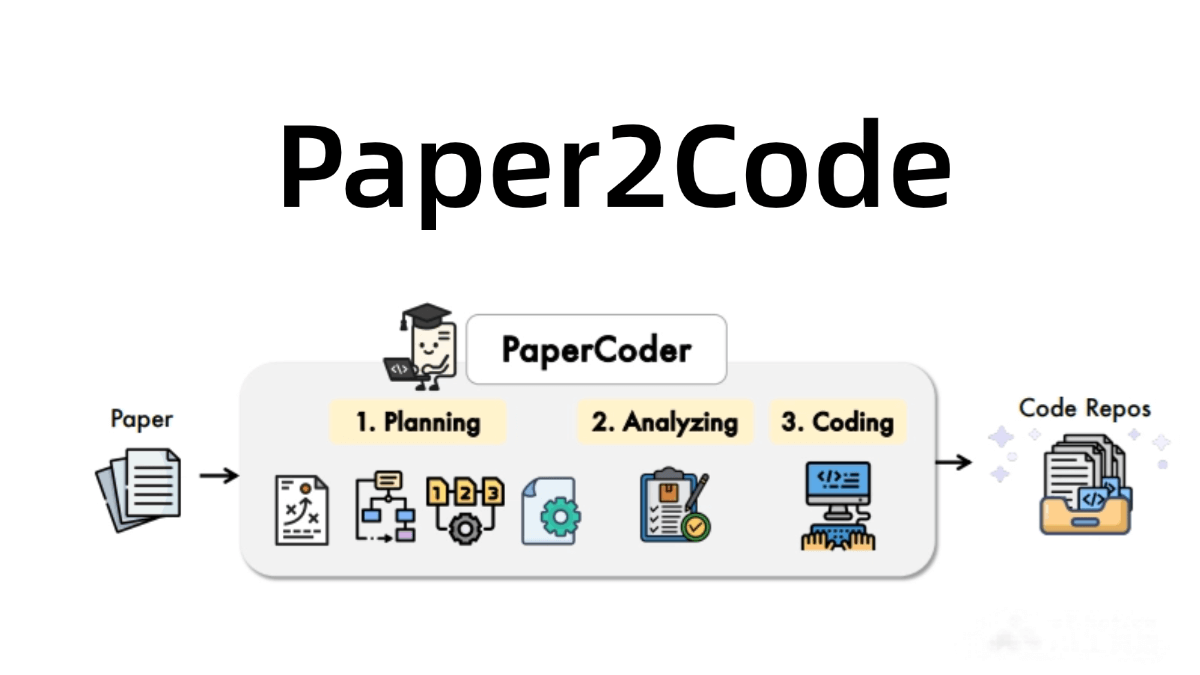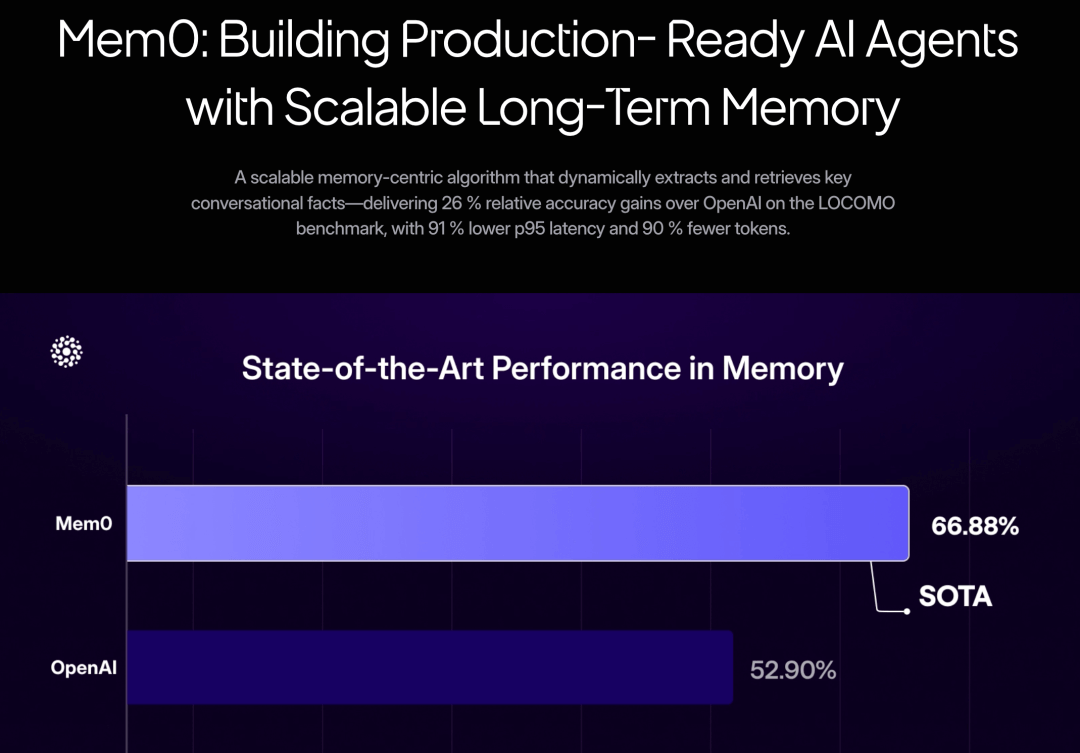Paper2Code – A Multi-agent Framework for Automatically Converting AI Papers into Code
What is Paper2Code?
Paper2Code is a multi-agent large language model (LLM) framework jointly developed by the Korea Advanced Institute of Science and Technology (KAIST) and DeepAuto.ai. It automatically converts scientific papers in the field of machine learning into executable code repositories.
Paper2Code achieves this goal through three stages: Planning (building system architecture and generating configuration files), Analysis (interpreting implementation details), and Code Generation (creating modular code).
Paper2Code performs exceptionally well in multiple benchmark tests, producing high-quality code that faithfully reflects the original papers, significantly accelerating research reproducibility and further innovation.

Key Features of Paper2Code
-
Automated Code Generation: Automatically transforms machine learning papers into functional code repositories.
-
High-Quality Code Output: Generates well-structured code that is faithful to the original paper, supporting rapid reproduction and validation of research results.
-
Efficiency Improvement: Greatly reduces the time and effort required for manual implementation, speeding up the iteration and innovation in scientific research.
Technical Principles of Paper2Code
-
Multi-Agent Large Language Models (LLMs):
-
Planning Stage: Utilizes the understanding and generation capabilities of LLMs to decompose paper content into structured implementation plans. Natural language processing techniques extract key information, generating system architecture diagrams and file dependency mappings.
-
Analysis Stage: Conducts fine-grained analysis of each file and function to ensure accurate implementation of the methods and experiments described in the paper. Using LLMs’ reasoning abilities, detailed implementation guides are generated.
-
Code Generation Stage: Produces modular, dependency-aware code based on outputs from the Planning and Analysis stages. The code generation process strictly follows the system design and detailed requirements to ensure executable and logically consistent code.
-
-
Evaluation and Feedback: Combines reference-based and reference-free evaluations, as well as human expert assessments, to ensure the quality and usability of the generated code repositories. Human evaluations verify that the generated code effectively supports research reproduction and validation.
Project Links for Paper2Code
-
GitHub Repository: https://github.com/going-doer/Paper2Code
-
arXiv Technical Paper: https://arxiv.org/pdf/2504.17192
Application Scenarios for Paper2Code
-
Research Reproduction: Helps researchers quickly reproduce the methods and experiments described in papers, even if the original authors did not provide code.
-
Code Generation: Automatically produces high-quality code, accelerating the implementation process of machine learning papers.
-
Academic Communication: Assists researchers in better showcasing and validating their research results during academic exchanges.
-
Teaching and Learning: Generates educational code samples, helping students better understand methods described in machine learning papers.
-
Industrial Applications: Rapidly generates code frameworks, supporting enterprises in applying research outcomes to real-world projects.
Related Posts




